The average Black woman today is navigating the complexities of awakening to her worth in a world that grew accustomed to devaluing her. In the United States and Africa in particular, Black women have endured centuries of turmoil, resistance, and survival—conditions that have profoundly shaped our identities, roles, and femininity.
For more than 400 years, colonialism, slavery, systemic oppression, and social upheaval have demanded extraordinary resilience from Black women, forcing us into survival mode as nurturers, warriors, and visionaries. Despite this history of racial warfare, Black women across the globe have come into a collective awareness of our worth, now reclaiming the right to rest, joy, and softness. This reclamation represents a pivotal moment in the centuries-long struggle to define femininity on our own terms.
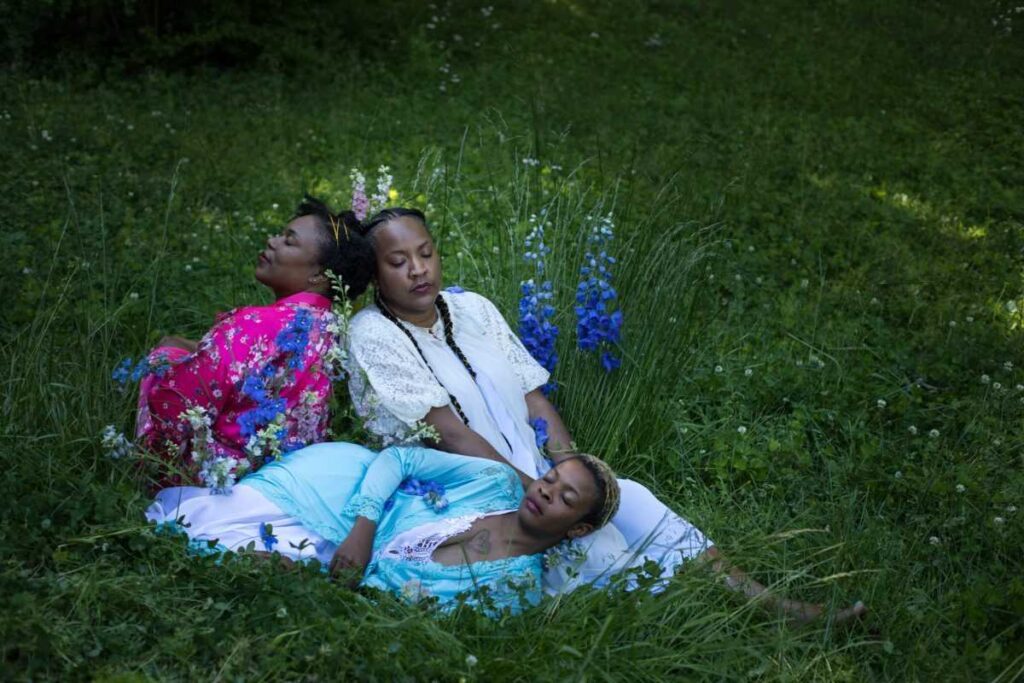
And Now, Rest as Resistance
At its core, the evolving Rest as Resistance movement is about recovering the fullness of Black womanhood–an experience that has overwhelmingly been flattened into narratives of labor and strength. Now, Black women are collectively creating space to be vulnerable, to be cared for, and to be loved in ways that honor both the legacy of survival and the right to thrive.
In this reclamation, we see a direct response to the cultural forces that have shaped Black women’s identities over the last century and a half. These forces—enslavement, colonization, economic disenfranchisement, and systemic racism—demanded that Black women shoulder the burdens of our families and communities. At the same time, the collective Black woman cultivated a legacy of beauty, strength, and leadership that continues to inspire.
Today, we find ourselves at a critical crossroads, navigating a complex reality reflecting both the weight of history and the possibilities of the future. We are mothers holding families together while juggling demanding careers. We are wives commanding love and partnership that uplifts and sustains us. We are activists, championing justice and equity while yearning for peace in our personal lives. We are entrepreneurs building legacy in a system designed to undervalue our contributions. We are also artists, dreamers, healers, owning our softness in a world that equates our value with our strength and work ethic.
Whether redefining beauty through natural hair movements, creating safe spaces for rest, or prioritizing our collective mental health, the contemporary Black woman embodies a femininity that is multifaceted, resilient, and deeply aware of its own worth.
The Foundations of Black Femininity: Matriarchy and Power in Pre-Colonial Africa
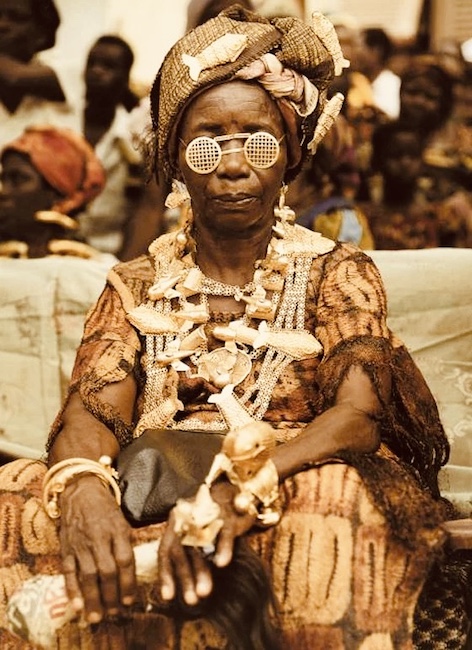
Before the disruptions of slavery and colonialism, Black femininity was deeply tied to cultural systems that honored women’s roles as creators, nurturers, and leaders. In pre-colonial Africa, some matriarchal and complementary systems supported women in wielding economic, political, and spiritual power. The Akan in Ghana are still matrilineal today while Edo Iyobas wielded power through the king’s court. Across Africa, women led trade networks, performed elaborate beauty rituals, and were deeply integrated into decision-making processes, often working alongside men rather than in opposition to them.
Colonialism and the transatlantic slave trade disrupted these systems, replacing them with patriarchal structures that diminished women’s roles. These changes forced African and African-descended women into cycles of labor that erased the cultural balance of power and care. As these women were dispersed across the world, femininity was no longer defined by the autonomy and softness, but by the demands of survival and resistance.
Black Femininity in the U.S.: From Slavery to Reconstruction
In the United States, enslaved Black women were stripped of femininity in the conventional sense, reduced to laborers and forced to breed for slavers within the plantation economy. And yet, even in the harshest conditions, they cultivated a powerful femininity through song, spiritual practices, and hair care, resisting the total erasure of their identities. This quiet resilience was the foundation upon which generations of Black women built their sense of womanhood.
“While African women fought colonial regimes, Black American women resisted Jim Crow”
Reconstruction marked a brief moment of opportunity for newly emancipated women to redefine themselves. They embraced education, adorned themselves in fine clothing, and became teachers, entrepreneurs, and activists. Figures like Frances Ellen Watkins Harper championed women’s education and public life. Yet systemic racism confined many to roles as domestic workers, where their femininity continued to be undervalued and exploited.
World Wars and Economic Depression: Labor and Redefinition
The World Wars and the Great Depression demanded even more of Black women as laborers. During these times, they stepped into industrial and agricultural roles previously reserved for men, demonstrating their indispensability to national economies. Beauty and femininity became acts of defiance, with women like Josephine Baker asserting their right to glamour and visibility on the global stage. In Africa, colonial economies conscripted women into forced labor, further eroding traditional gender roles. Yet women like Funmilayo Ransome-Kuti in Nigeria led resistance movements, combining political activism with expressions of feminine power.
The Civil Rights and Black Power Eras: Femininity in Activism
The mid-20th century ushered in a new phase of Black femininity, defined by activism and cultural pride. Figures like Fannie Lou Hamer, Coretta Scott King, and Angela Davis challenged stereotypes, using their voices to lead movements while embodying the strength and resilience of Black womanhood. Natural hair became a symbol of pride and resistance, reshaping beauty standards for generations to come.
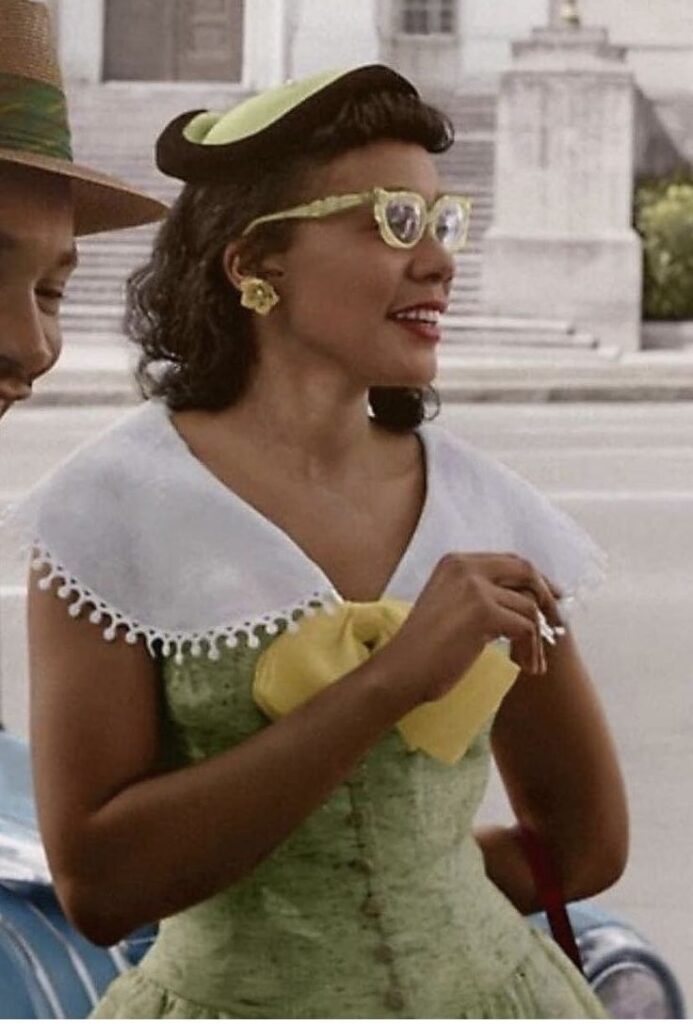
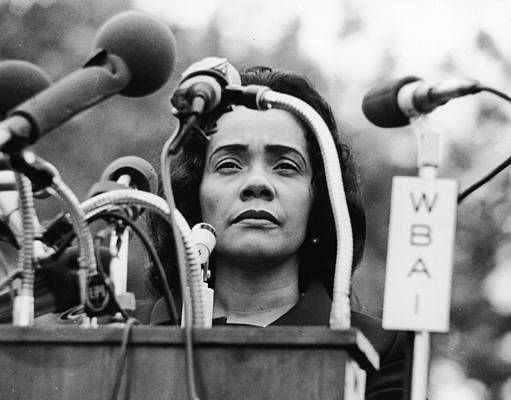
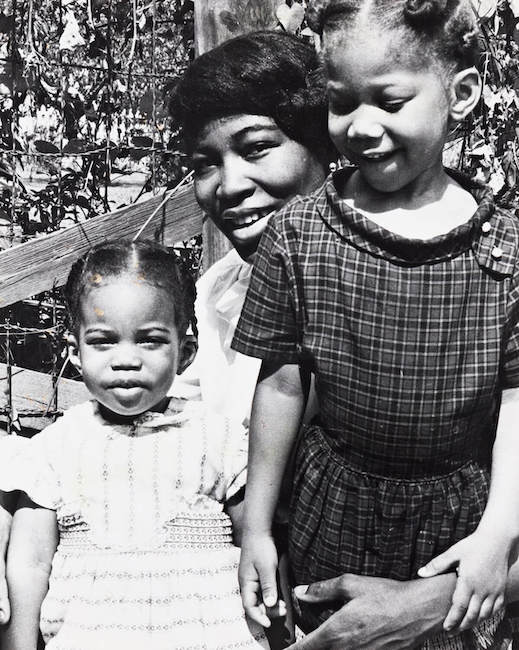
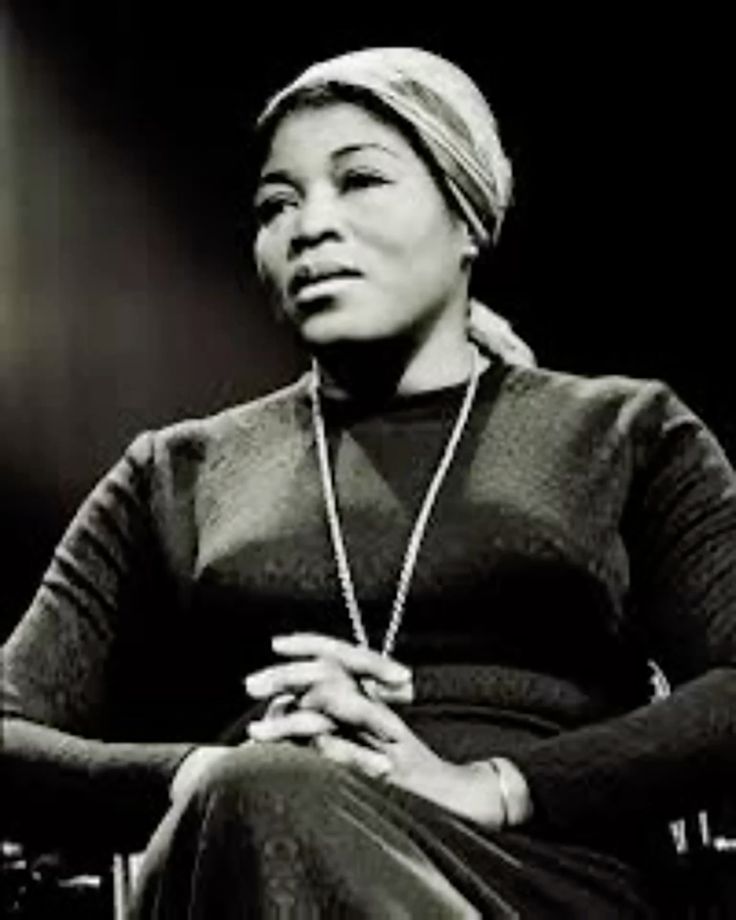
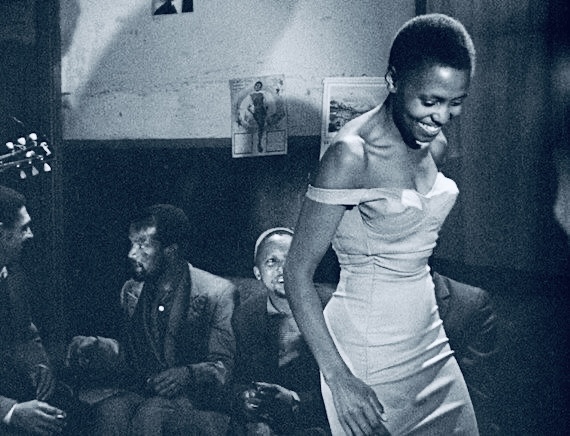
In Africa, women like Wangari Maathai and Winnie Mandela played pivotal roles in liberation movements. They balanced activism with cultural expressions of femininity, often bearing the dual burdens of nurturing their families and fighting for their nations’ futures.
Parallel Lessons: U.S. and Africa
Across both continents, Black women have consistently redefined femininity in response to external pressures. Whether through the matriarchal systems of pre-colonial Africa or the feminist resurgence of the 21st century, Black femininity has always been a site of communal protection and societal transformation.
While African women fought colonial regimes and Black American women resisted Jim Crow, both groups redefined what it meant to be feminine while fighting urgently for their survival.
“Black women are no longer willing to shoulder the world’s burdens without prioritizing their own humanity.”
For 400 years, Black women have been in a state of cultural, emotional, and spiritual self-defense—a state that has demanded strength at the expense of softness, reflecting the relentless demands of surviving systems of oppression.
Reclaiming Rest, Softness & Radical Power




Can you name all four of these women? Do you know their contributions to Black femininity? Tell us in the comments!
To address the erosion of Black femininity caused by centuries of war and survival, it is crucial to redefine it on Black women’s terms. This means centering rest, joy, beauty, and care as acts of resistance; reclaiming a legacy of power that is both ancient and revolutionary. Black women are no longer willing to shoulder the world’s burdens without prioritizing our own humanity.
This redefining requires us to question gender roles not from a lens of Western binaries but through an African-centered perspective that recognizes the holistic power of complementary femininity and masculinity.
As Black women continue to fight for their survival, the challenge is not simply to “return” to a softer femininity but to design a femininity that honors both strength and rest, power and softness, tradition and innovation. In this, Black women can reclaim not just their feminine power but their humanity, embracing the fullness of Black femininity in a way that honors both history and the possibilities of a liberated future.
What about you? What do you think about all this? And what Black femininities would you like to see/experience? Share your feedback and tell us in the comments (below the subscription box)!
